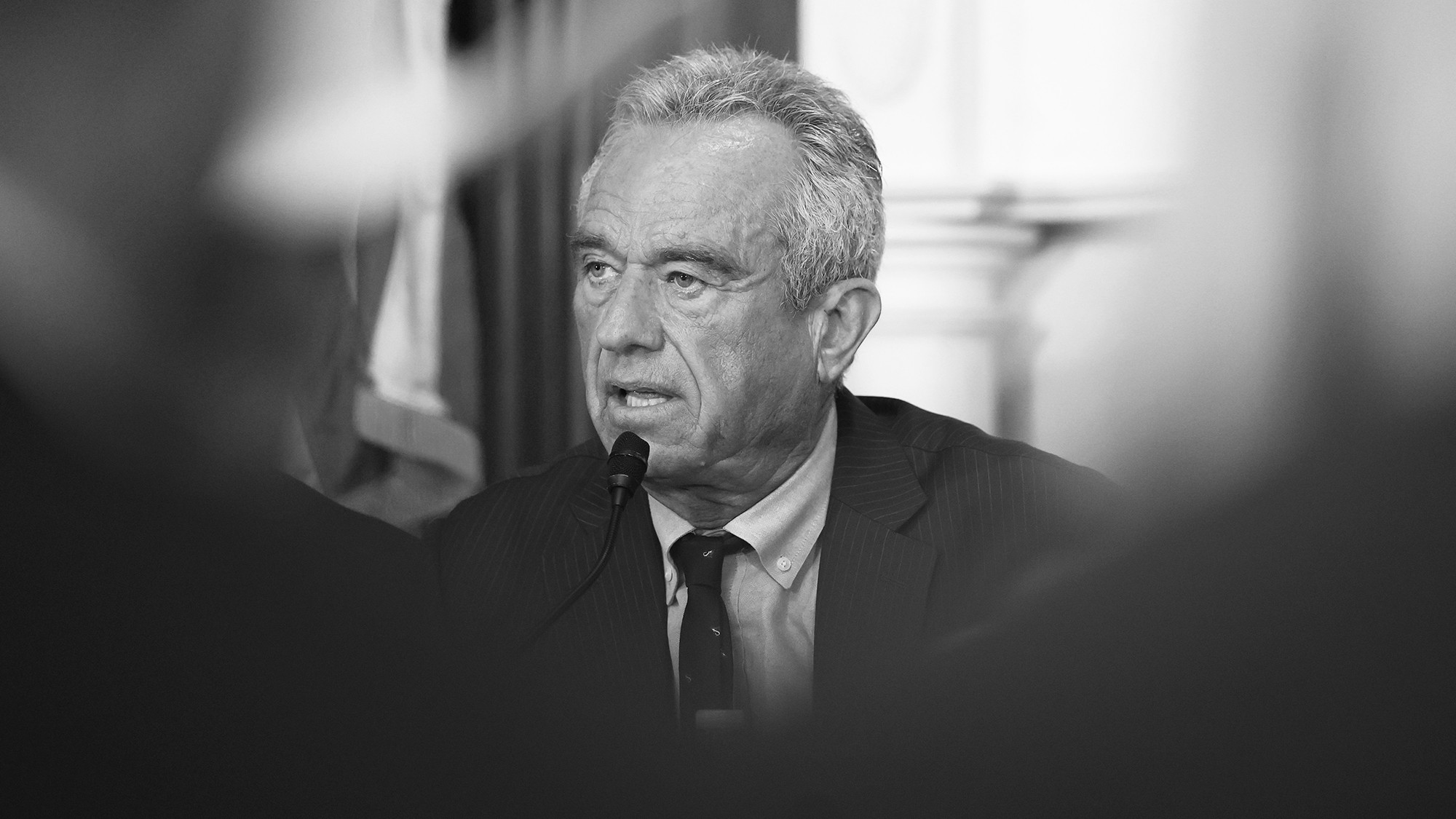On Tuesday, the U.S. Department of Health and Human Services (HHS) announced a new $2 million initiative to address staffing shortages and high turnover in direct care work by supporting caregivers through AI technology.
The investment comes in the form of a national competition, called the Caregiver AI Challenge. The program is designed to identify technologies that support caregivers by reducing stress, enhancing training programs and assisting with daily tasks, such as managing medical appointments.
“AI can transform caregiving by delivering on-demand support, predicting health risks before they happen, monitoring well-being and automating paperwork so that caregivers can focus on what matters most – the care and compassion of the people whom they seek to help,” HHS Secretary Robert F. Kennedy, Jr. said during a virtual event on Tuesday.
The program is aimed at caregivers, including family, friends and the direct care workforce, as well as to support the employers of caregivers. These populations face increased risks of mental health strain as well as physical health risks, according to research by the Centers for Disease Control and Prevention. Interventions, including skills training and care coordination, can relieve caregiver strain, according to the same study.
Specifically, the Caregiver AI Challenge prize competition includes three phases: design, implementation and scaling. Participants will compete for prizes that total $2 million.
During the virtual event, the CEO of the National Alliance for Caregiving (NAC) described the shortcomings of the current U.S. health care system, in which states spend the majority of their health care dollars on institutional care.
“Right now we have a broken system where institutional care is often treated as an entitlement, but staying in your own home requires navigating waiver programs and waiting lists and restrictions,” Resendez said. “We need to flip this paradigm. The right should be to remain in your home with institutional care as the option rather than the default.”
To improve the status quo, Resendez said that a radical shift is necessary.
“Transforming this imbalance requires more than incremental policy adjustments,” Resendez continued. “It demands a fundamental reorientation of how we think about care itself, rather than continuing to prop up an institutional first system we must build from the ground up, what families need and what the evidence shows us works best.”
Technology has become essential to home care providers as they cope with rising challenges, including staffing shortages highlighted by HHS. Providers have prioritized unburdening caregivers to reduce time spent on administrative tasks.
Resendez described the blurred lines between family caregivers and professional caregivers. These caregivers exist on a continuum, he said, with family caregivers relying on their professional counterparts for respite and complex tasks, while direct care workers rely on family caregivers for their intimate knowledge and for continuity of care.
Home-based care providers have recognized the critical role of family caregivers – whose numbers have reached an estimated 63 million Americans, according to a report from NAC and AARP. Some even offer family caregiver education programs, sometimes offered for free, and have found that such training improves outcomes.
“I don’t think any company could be successful without acknowledging the role of the family caregiver,” Kelly Salb, vice president of client services for Maryland-based Family & Nursing Care, previously told HHCN.
The post HHS Launches $2M AI Initiative To ‘Transform’ Caregiving, Address Staffing Challenges appeared first on Home Health Care News.






